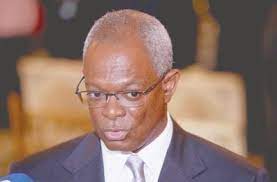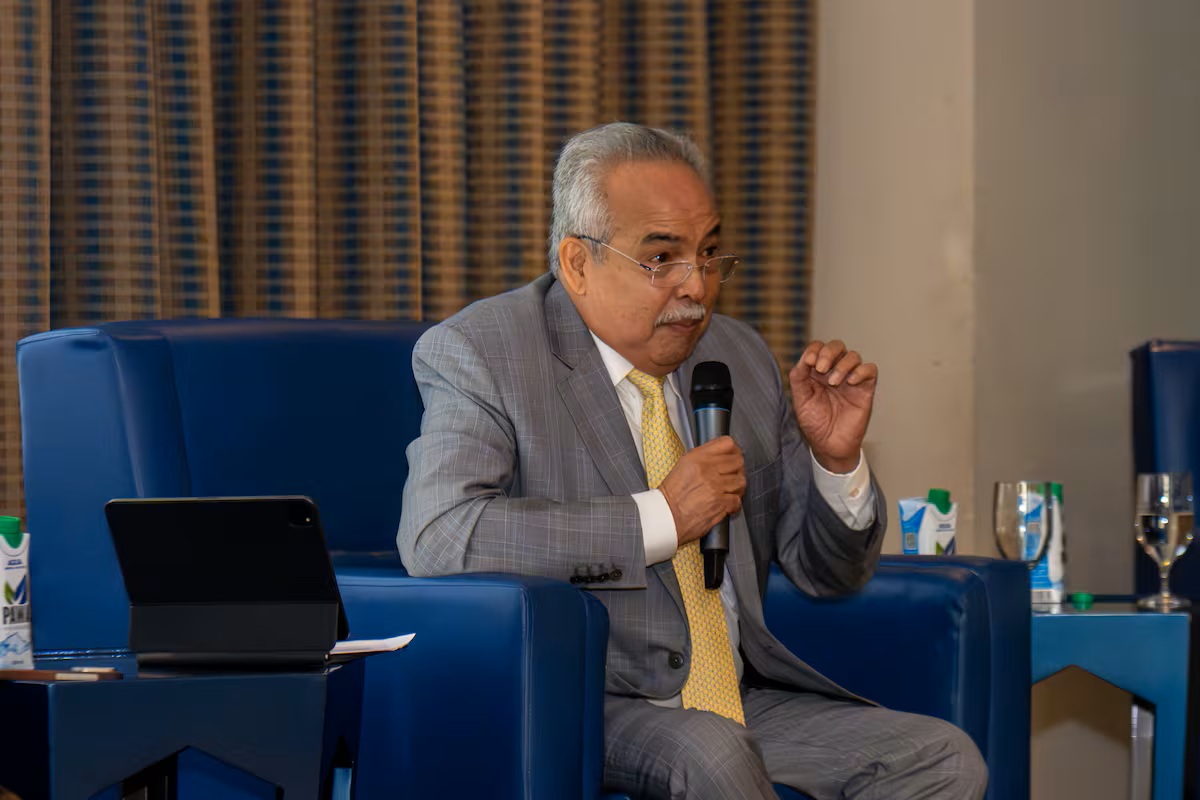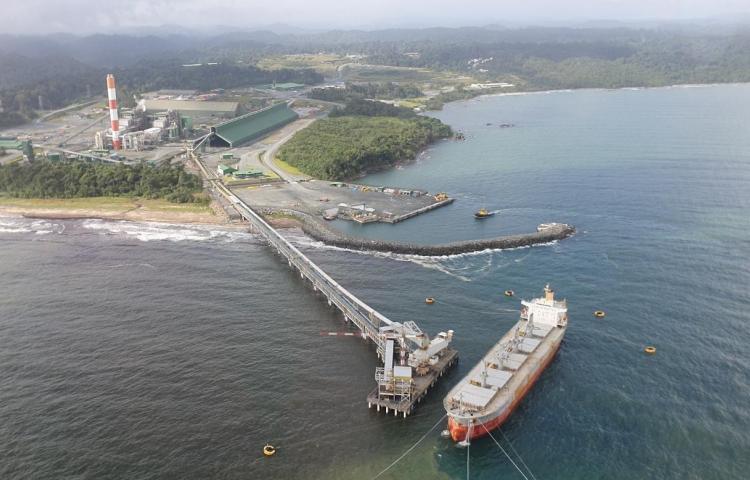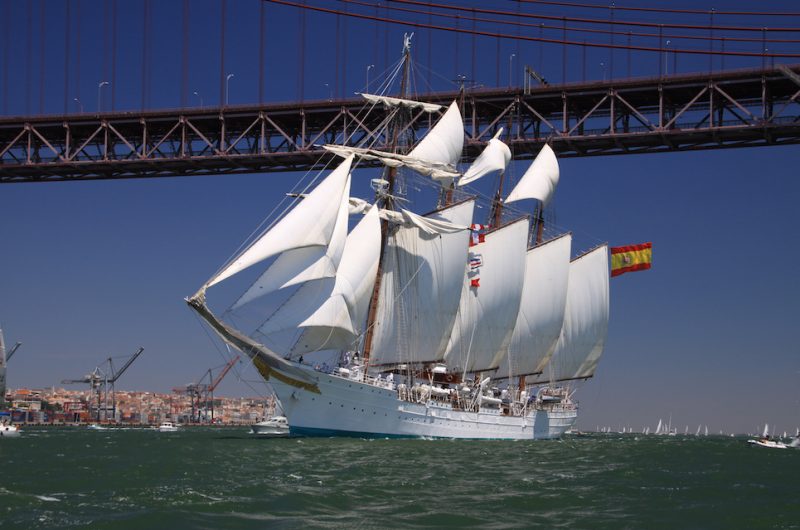The New Business trial begins Tuesday

On Tuesday, May 23, the long-delayed money laundering trial known as the New Business case, leading to the purchase of Editora Panamá América S.A. (Epasa) with alleged public funds is set to begin with former president Ricardo Martinelli one of 21 accused.
La Prensa has published 10 facts that have come to light during the six years that the investigation has been going around the courts.
The case began in 2017 during the government of Juan Carlos Varela, when Kenia Porcell was in charge of the Attorney General. The Specialized Prosecutor’s Office Against Organized Crime has led the process.
Basket Company
New Business was a “basket” company created to raise funds and finalize the purchase of the media group. In July 2022, during a hearing in the case, prosecutor Uris Vargas argued that the purchase of Epasa was managed through an intricate network of corporations that received money from companies; which, in turn, received contracts for infrastructure works in the government 2009-2014. Part of those funds went to New Business.
Among the companies contracted with the State that, according to the Public Ministry, contributed funds to the basket company are: Transcaribe Trading (TCT), Excavaciones del Istmo, Financial Pacific, Constructora Corcione, Condote Panama and Associates, among others.
One of the witnesses told the prosecution that “a senior official of the Presidency of the Republic” was the one who coordinated the collection of bribes and advances, through the Ministry of Economy and Finance, money that was later diverted to New Business. That senior official pressured businessmen to collaborate with the delivery of funds for the acquisition of Epasa.
Circle Zero
Gabriel Gaby Btesh, a merchant who was considered a member of Martinelli’s circle zero, confessed to the Public Ministry that he received funds from David Ochy, one of the owners of the TCT company, to manage the purchase of the group of media. He said the instructions were given to him in writing. The contributions that TCT would have came from money for the contract for the design and construction of the Arraiján-La Chorrera highway. Ochy is one of those called to trial, Ochy is a presidential candidate for Realizando Metas, a party founded by Martinelli.
Martinelli’s participation was accredited, according to the prosecution, since it was proven that the former president: contacted Panamanian State contractors, contributed $11.4 million through Ricamar Financial Company Inc., ordered the first payment of $5 million for the purchase of Epasa, and integrated the sum of $10 million obtained through a loan from Global Bank to the company Inmobiliaria TPA, S.A.
In the hearing held with Martinelli in November 2022, the prosecutor cited a statement by lawyer Ricardo Chanis, who for a time presided over Epasa, in which he certifies that 60% of the company’s shares are under the control of Martinelli. The remaining 40% was held by Henry Mizrachi Cohen, who transferred some shares to the Panamanian State when he learned of the investigation for alleged money laundering.
In March 2021, the Public Ministry reported that it was possible to establish that through a complex scheme, $43.9 million was transferred for the purchase of the Epasa group and $9.2 million was recovered “in shares, which were remitted to the National Treasury.”
In the November 2022 hearing, the prosecutor also cited the statements of the Spaniards Julio Casla García and Eugenio Del Barrio Gómez, directors of the company Fomento de Construcciones y Contratas (FCC) offered on June 24, 2019, at the Embassy of Panama in Madrid. They said that Martinelli contacted them through the lawyer Mauricio Cort and they were informed that all the invoices pending payment by the company in Panama would have a surcharge of 10%. At that time, FCC was in charge of the Ciudad Hospitalaria project (today Ciudad de la Salud).
The liquidating judge for criminal cases, Baloisa Marquínez, called 21 people to trial for alleged money laundering and requested the dismissal of nine other people.





